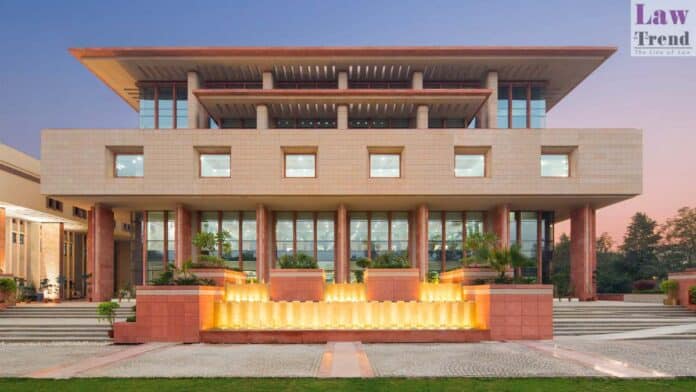The Delhi High Court has held that a police lapse in the initial arrest of an accused does not render a subsequent arrest unlawful if legal procedures are later complied with, especially in cases involving serious crimes.
Justice Swarana Kanta Sharma, in a ruling delivered on July 15, dismissed a petition filed by four alleged members of an organised crime syndicate — Anwar Khan, Hasim Baba, Sameer, and Zoya Khan — challenging their re-arrest in connection with the murder of Sunil Jain. The court found that their re-arrest on June 10 was legally permissible once prior procedural deficiencies had been addressed.
“In criminal law, procedural safeguards are essential to protect liberty, but they cannot be turned into a shield to defeat lawful investigation into heinous crimes,” the court observed. “A lapse by the police in the first arrest does not create a bar against subsequent arrest once the legal requirements are fulfilled.”
The petitioners, represented by advocates Anurag Jain, M M Khan, Amit Chadha, and Atin Chadha, argued that their initial arrest had been declared “non-est” by a special court on May 13 due to failure by the police to provide written grounds for the arrest. The same court had also barred a re-arrest without fresh material. The petitioners claimed that the Delhi Police circumvented this order and violated their constitutional rights under Articles 21 and 22.
However, opposing the plea, Additional Standing Counsel Sanjeev Bhandari and Special Public Prosecutor Akhand Pratap Singh contended that the initial release was due to a mere technical defect and not due to lack of incriminating evidence. They argued that the re-arrest was based on new grounds and complied fully with procedural safeguards.
Accepting the prosecution’s arguments, the High Court ruled that “the liberty of an individual is protected, but not to the extent of frustrating the course of justice in serious criminal cases like those under MCOCA.” It emphasized that the accused, having extensive criminal histories and alleged involvement in a larger crime syndicate, could not exploit procedural errors to evade the law.
“The petitioners’ initial arrest was declared invalid only on technical grounds. Once procedural irregularities were cured and grounds of arrest were meaningfully furnished, their re-arrest cannot be held illegal,” the court concluded.




